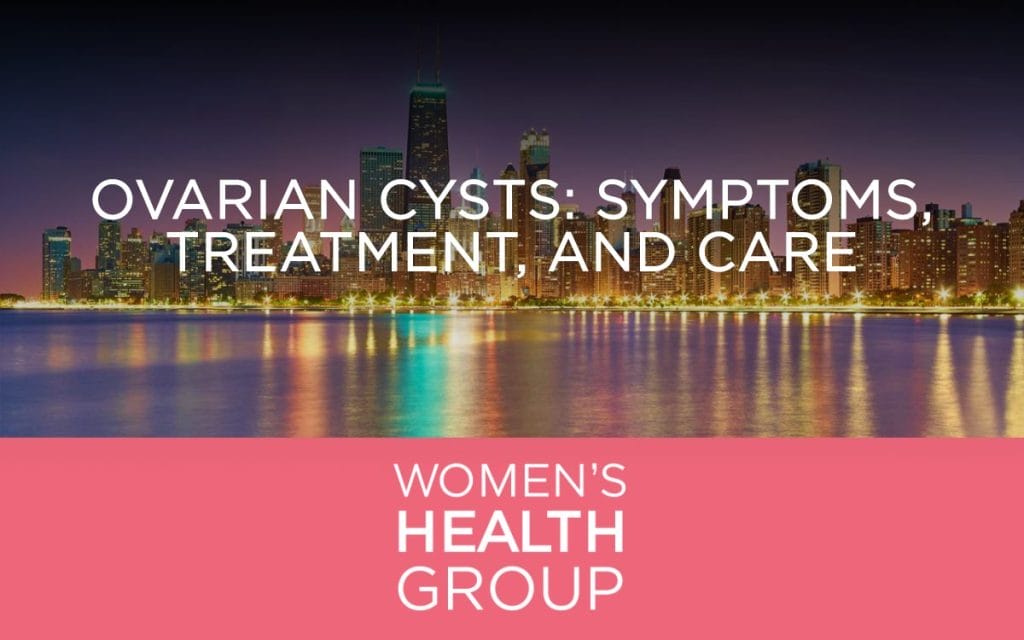Understanding Ovarian Cysts and Their Impact on Women’s Health
Ovarian health is pivotal in maintaining a woman’s overall well-being. It is crucial to be aware of ovarian conditions that could potentially cause harm. One common condition affecting women is the development of ovarian cysts.
Defining Ovarian Cysts
Ovarian cysts are fluid-filled sacs that develop on the ovaries. They are typically harmless, often appearing and disappearing without any symptoms. However, in certain circumstances, they can grow large, causing discomfort and health complications.
Being Aware of the Symptoms
Often, ovarian cysts go unnoticed as they don’t exhibit any symptoms. However, if they enlarge or rupture, they can cause significant discomfort. Symptoms may include:
– Abdominal bloating or swelling
– Painful bowel movements
– Pelvic pain before or after the menstrual cycle
– Pain during intercourse
– Tender breasts
– Nausea and vomiting
Sometimes, the pain can be severe and sudden, which may be a sign of a ruptured cyst or ovarian torsion, both of which require immediate medical attention.
The Different Types of Ovarian Cysts and Their Causes
Understanding the types of ovarian cysts can empower women to better manage their ovarian health. The two primary types are functional and pathological cysts.
Functional cysts, considered normal, are related to the menstrual cycle and often resolve on their own. They include follicular cysts that occur when the follicle doesn’t rupture to release the egg and corpus luteum cysts that form when fluid accumulates inside a follicle.
Pathological cysts develop from abnormal cell growth and include dermoid cysts and cystadenomas. While not related directly to the menstrual cycle, these cysts can cause severe complications if they grow too large or rupture.
The Diagnosis Process of Ovarian Cysts
Detection of ovarian cysts often occurs during routine pelvic examinations. If a cyst is suspected, doctors may follow up with imaging tests like ultrasounds. In some instances, a blood test may be required to determine if it’s a cyst or potentially a cancerous mass.
Effectively Treating Ovarian Cysts
Treatment for ovarian cysts is determined based on various factors, such as the type and size of the cyst and the woman’s age. Here are common treatment approaches:
– Watchful waiting: For small, functional cysts without symptoms, doctors may recommend regular monitoring.
– Medication: Birth control pills may be prescribed to prevent new cysts from forming.
– Surgery: For larger cysts or those causing discomfort, surgery may be necessary. The extent of the surgery may vary from removing the cyst alone to a complete removal of the ovary.
Managing Your Ovarian Health
Managing ovarian health requires regular check-ups and maintaining a healthy lifestyle. For further detailed information on ovarian health, the Mayo Clinic provides valuable resources. Contributing to the upkeep of your ovarian health include:
– Regular exercise: Women who exercise regularly often have fewer ovulatory issues.
– Healthy diet: Consuming balanced, nutritious meals plays a significant role in overall health, including ovarian health.
– Regular check-ups: Regular gynecological exams allow for an early diagnosis of any ovarian issues.
Ovarian Cysts and Fertility
While cysts do not typically cause fertility issues, specific types, like endometriosis and polycystic ovarian syndrome, can affect a woman’s ability to conceive. However, fertility can often be restored through appropriate intervention and treatment.
Ovarian Cysts – A Manageable Condition
Despite the potential discomfort and complications caused by ovarian cysts, they are, for the most part, a manageable condition. Awareness of symptoms and maintaining a proactive approach towards ovarian health ensures their impact is kept minimal. It’s crucial to consult with a healthcare provider for individualized information and treatment options.
For a comprehensive guide on ovarian health, one can visit the Women’s Health Government website. The key point to remember is ovarian cysts do not define a woman’s health but understanding and managing them contributes significantly to overall well-being. Stay aware, stay healthy!




